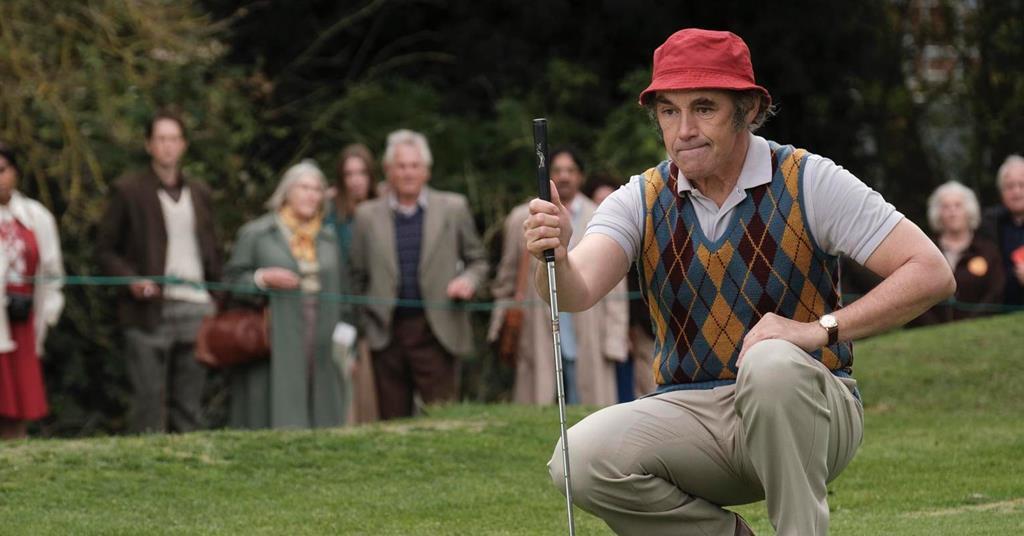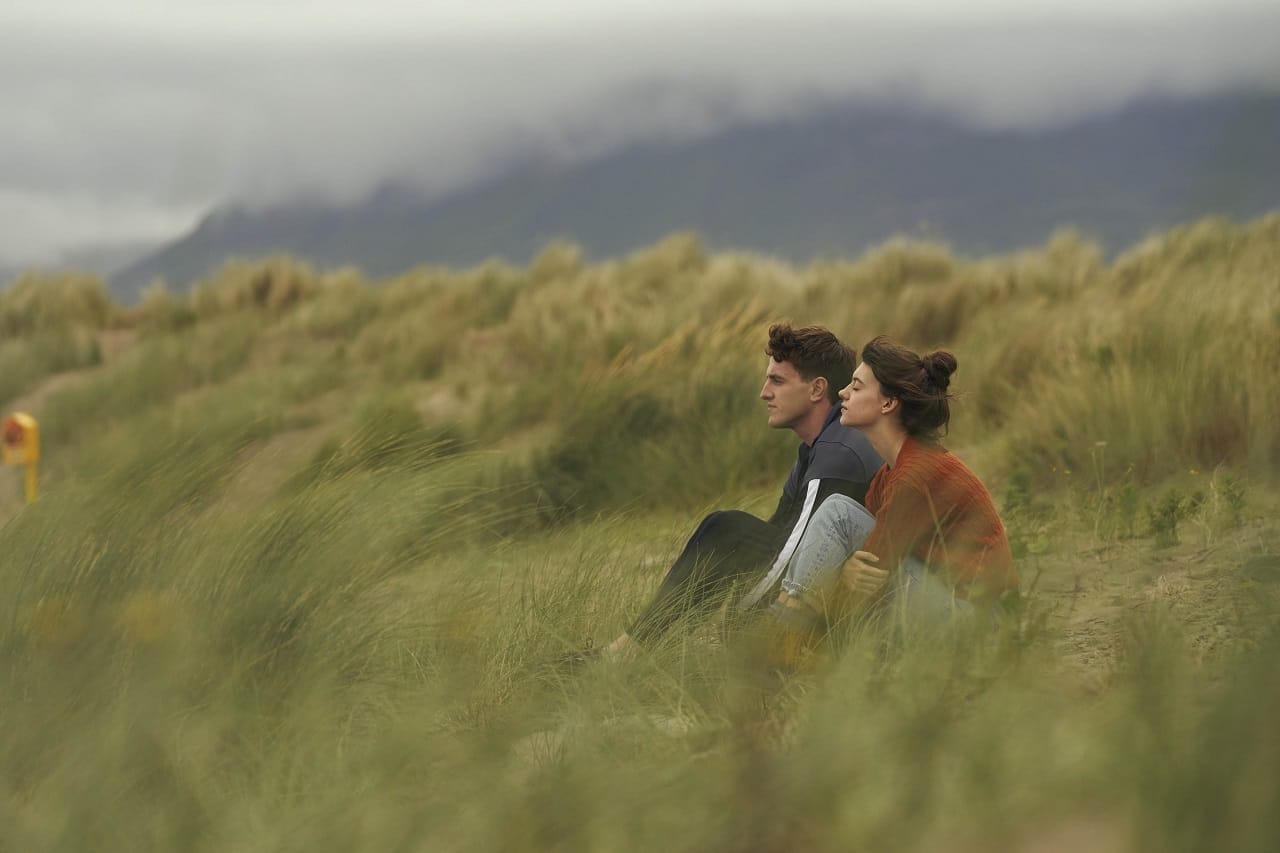By Claire Meakins, Second Year, English
The Phantom of the Open (2021) is not a cinematic masterpiece destined for award ceremonies and box office success. It is, however, hugely entertaining and worth watching for a heart-warming giggle. In many ways, the film not taking itself too seriously is one of its strong points.
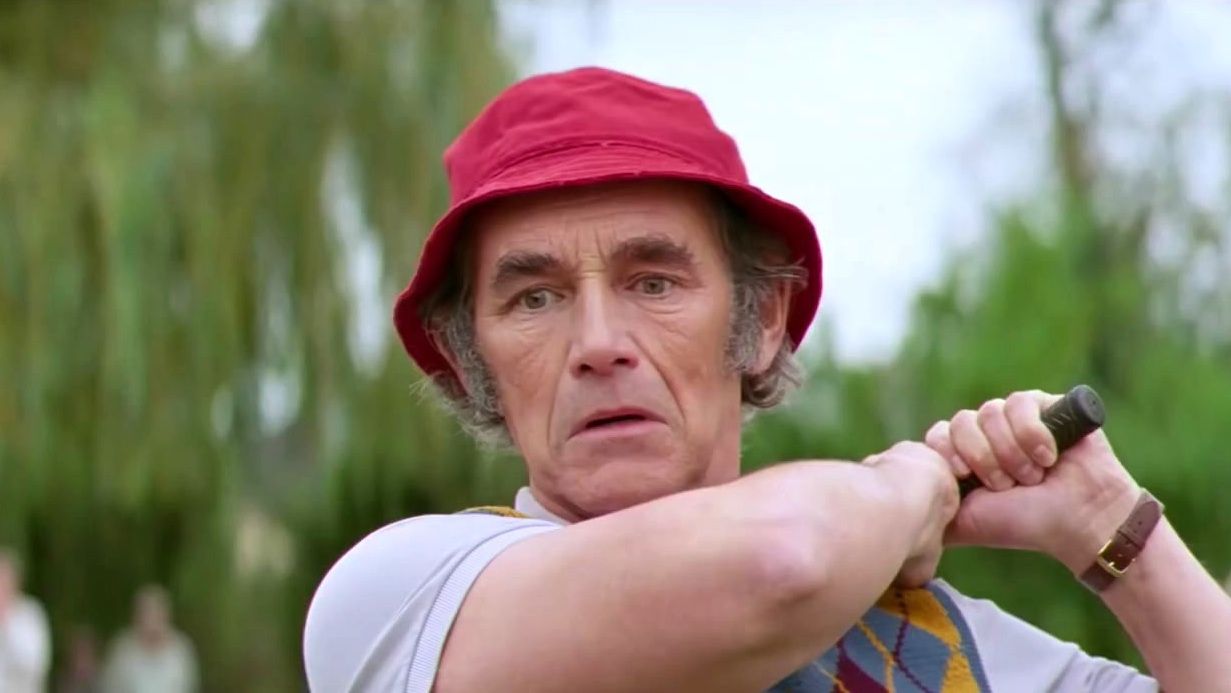
The Phantom of the Open follows the true-life story of Maurice Flitcroft (Mark Rylance), an intensely optimistic crane driver who develops a passion for golf. After watching a televised tournament, he decides to take up golf as a late-age hobby, even though he has little money and little talent.
Despite these considerable obstacles in his path, Maurice manages to trick the elite golfing world and enters himself into the British Open, achieving the worst score in the competition’s history. From there, ensues a series of outlandish hijinks as well as a more serious backdrop of family tension and a reminder of the value of ‘trying your best’. The plot is predictable, yet hard not to enjoy.
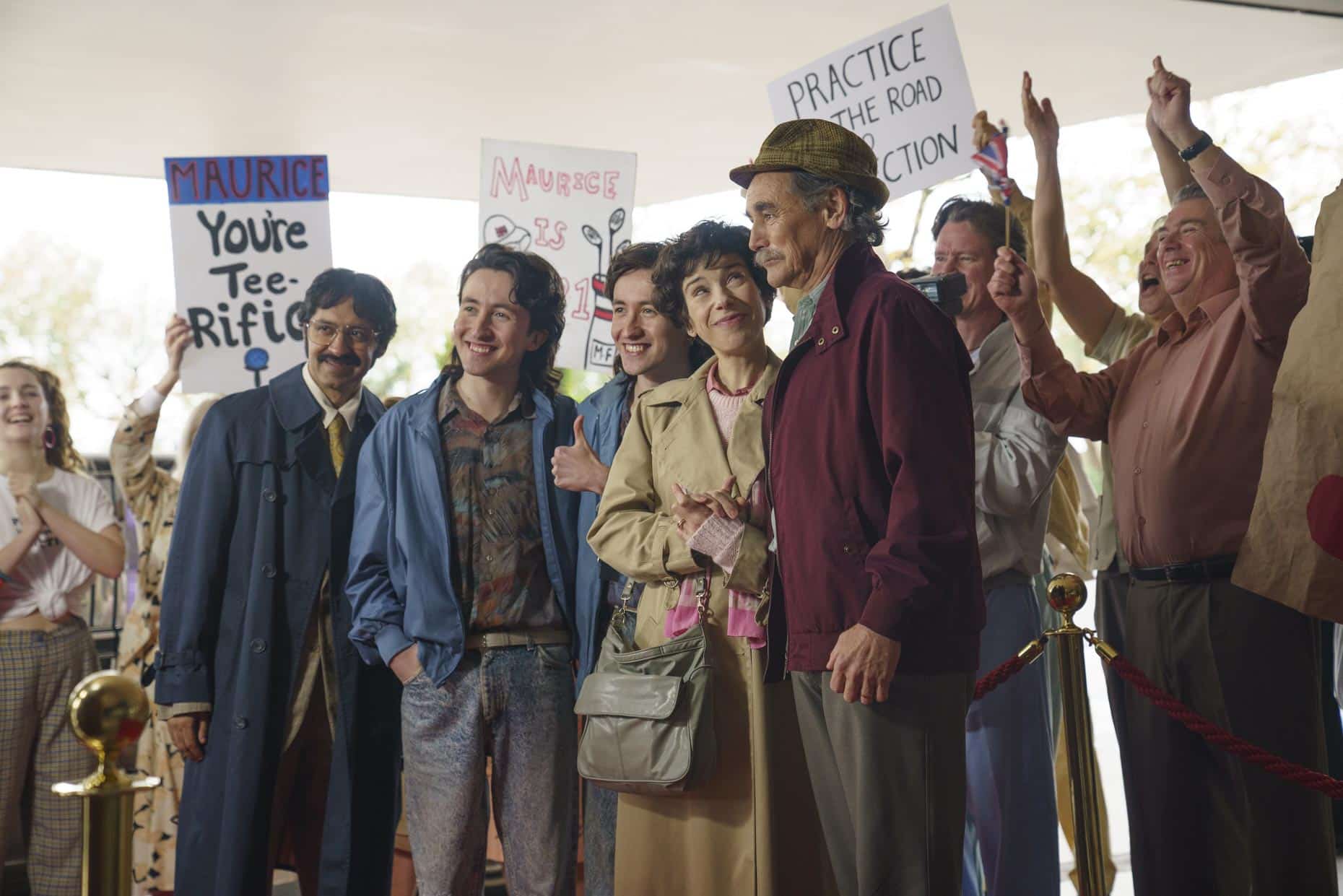
Phantom’s strong point is its comedy. One of the earliest scenes drops the camera into the Flitcroft’s sitting room which is a chaotic site of noise and movement. This represents the broader experience of watching the film: disorientating and absurd in a way that you can’t help but laugh at.
Watching Maurice’s bizarre infatuation with golf continue regardless of his complete lack of skill and the opposition of the sporting world, is an experience not easily put into words. And it certainly is an infatuation; elements of golf creep into his entire worldview. In one scene which attempts to represent Maurice’s inner turmoil, the moon inexplicably transforms into a giant golf ball surrounded by cartoon stars. This scene is a good representation of the film’s uplifting but also (more than) faintly ridiculous tone.
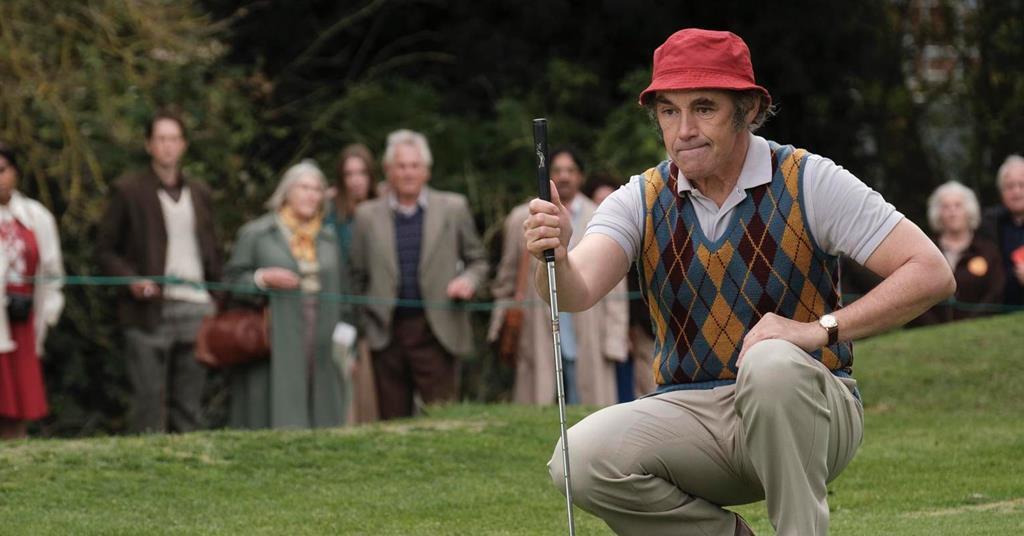
Where The Phantom of the Open falls down, however, is in its attempts at poignancy. Dialogue that is meant to carry emotional weight consistently fall flat, forcing you to suppress laughter in moments of supposed seriousness.
The actors’ delivery is virtually the same for both comic and serious lines, occasionally making it hard to differentiate between the two. This is not a problem limited to a single actor, suggesting that the root of the problem lies simply in poor writing. Especially given that a lot of the more serious lines dive unashamedly into cringe and clichéd territory.
This, combined with the film’s hilariously low stakes and the audience is easily able to predict that it will have a happy ending, dampens any genuine sense of risk or emotional turmoil. The subject matter also doesn’t help, as it’s hard to take a character seriously when one of their main personality traits is being a little bit useless.
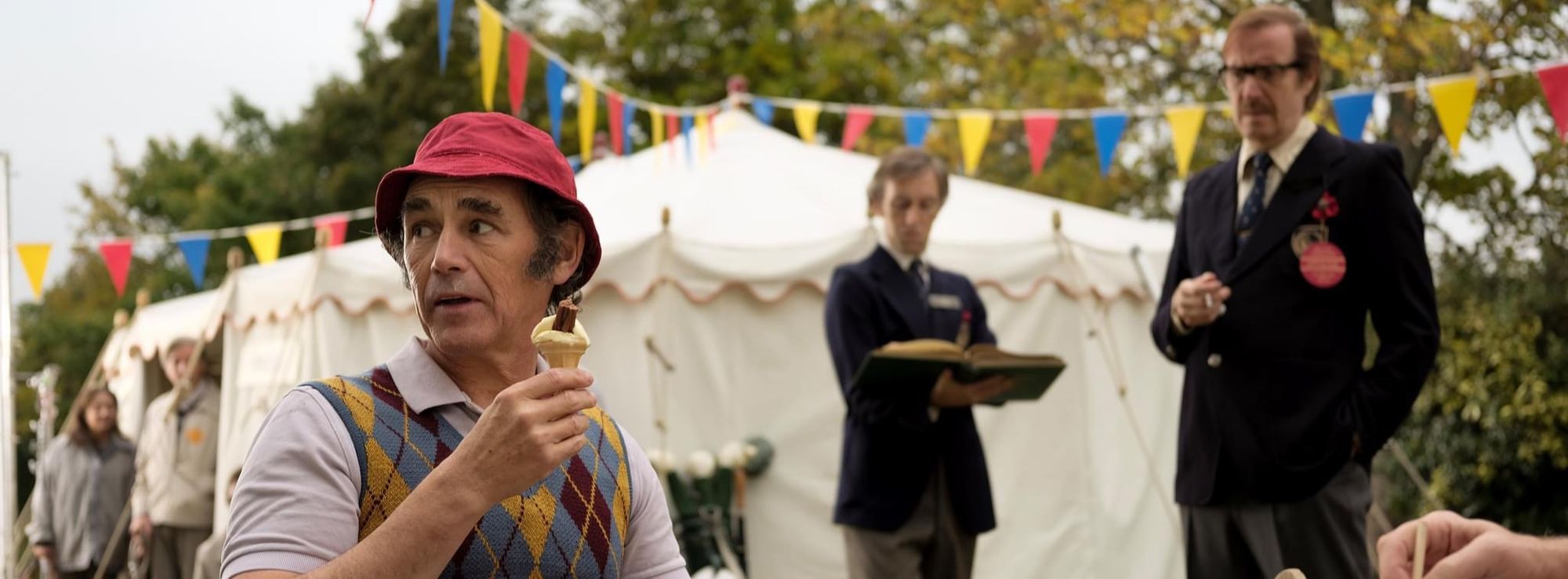
In spite of these flaws, it would be a lie to say that the film isn’t enjoyable as a whole. Its gentle pace and subject matter provide welcome escapism, and its humour is undeniably charming. It’s a film that will force you into smiling and laughing along, even if sometimes it’s despite your better judgement.
The Phantom of the Open, much like Maurice himself, shows that something doesn’t need to be the very best to be worthy of your attention.
Featured Image: IMDB
Have you watched The Phantom of the Open yet?

